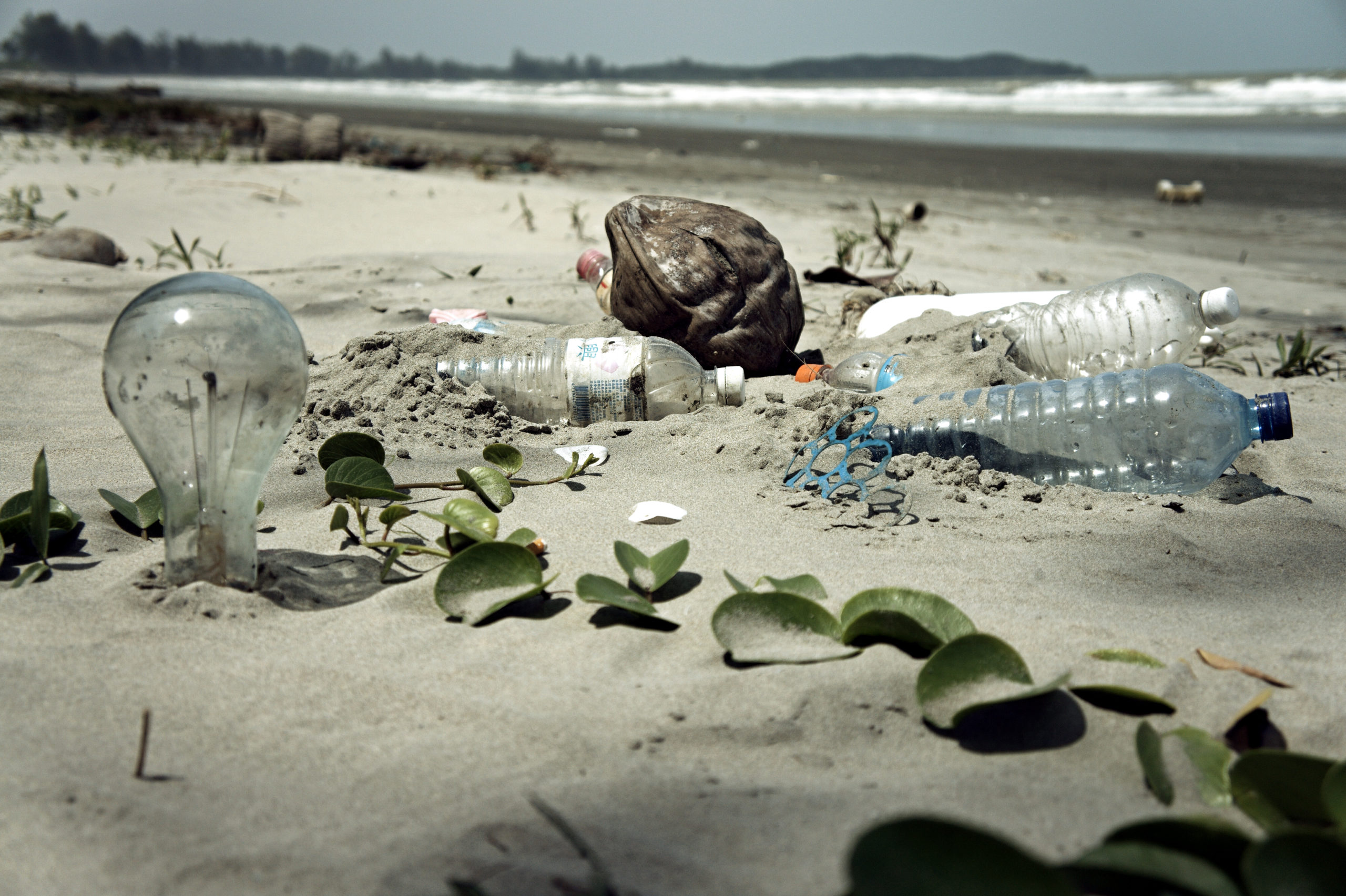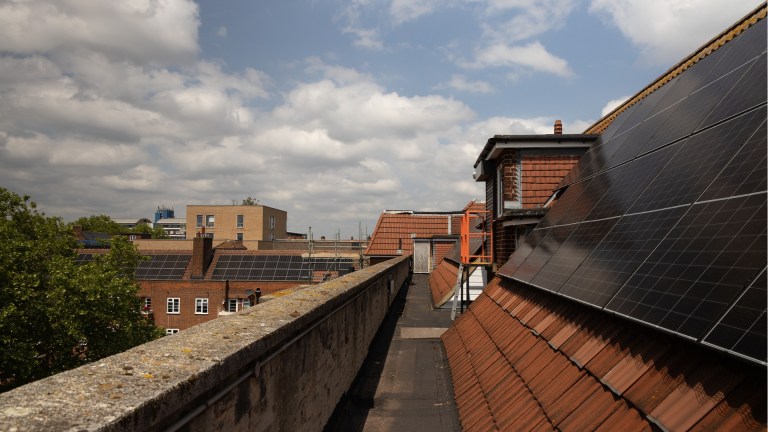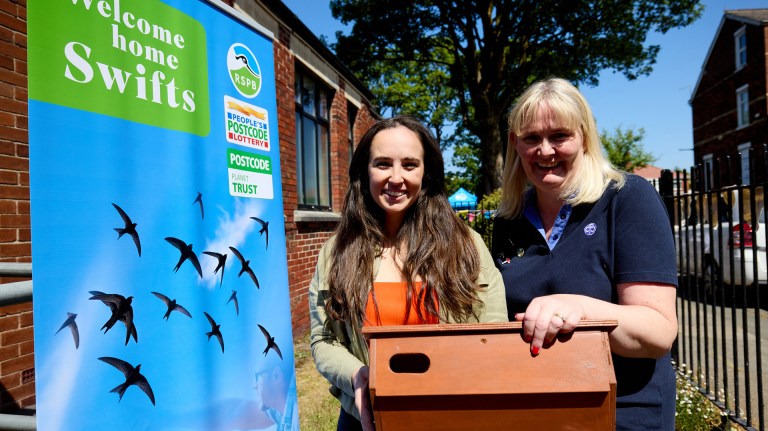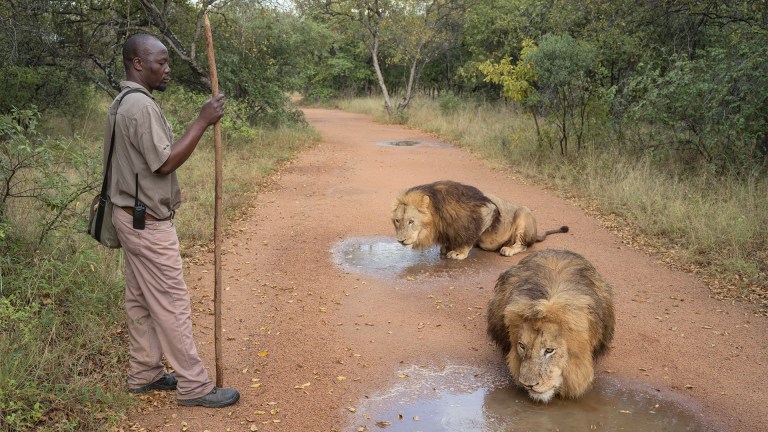Nestlé said it is aiming to ensure 100 per cent of their packaging will be recyclable or reusable by 2025.
A spokesperson added: “We have a huge amount of work to do but we can’t do it alone. We want to continue to work with our peers to build new partnerships, drive new innovations and to work with the government to create a level playing field.”
“These companies claim to be addressing the plastic crisis yet they continue to invest in false solutions while teaming up with oil companies to produce even more plastic.” – Abigail Aguilar, Greenpeace Southeast Asia
Coca-Cola was linked to 13,834 pieces of plastic in 51 of the 55 countries surveyed. More than 5,000 discarded Pepsi products were found scattered across 43 nations while plastics used by Nestlé were in 37 different countries.
2020 is the third year in a row these three companies have topped the list of the biggest plastic polluters, according to BFFP, who called for the businesses to take the lead in rooting out the reliance on these environmentally damaging practices.
Other well-known corporations, including consumer goods companies Unilever and Procter & Gamble, as well as Mars, are also included on this year’s list.
Those who took part in the plastic collection, particularly in the global south, have warned the situation in some parts of the world is worsening, while companies claim to be taking steps to curb plastic use.
Advertising helps fund Big Issue’s mission to end poverty
Researchers waste pickers and community members said in some developing countries are witnessing the “rapid escalation” of low-grade single-use plastic packaging being “aggressively placed in the market”.
Lakshmi Narayan, co-founder of SWaCH Waste Picker Cooperative in India, said: “Corporations rely on informal waste workers to collect their packaging, allowing them to meet sustainability commitments and justify their use of high quantities of single-use plastic packaging.
“Yet the current shift to lower value plastic packaging is threatening the livelihoods of the waste pickers, who cannot resell such low-grade items. The systems that waste pickers operate in must change.”
Greenpeace Southeast Asia’s Abigail Aguilar added: “It’s not surprising to see the same big brands on the podium as the world’s top plastic polluters for three years in a row.
“These companies claim to be addressing the plastic crisis yet they continue to invest in false solutions while teaming up with oil companies to produce even more plastic.
“To stop this mess and combat climate change, multinationals like Coca-Cola, PepsiCo, and Nestlé must end their addiction to single-use plastic packaging and move away from fossil fuels.”
Advertising helps fund Big Issue’s mission to end poverty
A Unilever spokesperson said the company continues to make progress on cutting plastic usage.
They added: “To tackle the root causes of plastic waste we need to think differently about packaging. That’s why we are using more recycled plastic, developing reusable and refillable formats and switching to ‘no plastic’ solutions.
“There’s more work to do, but we are fully committed to halving our use of virgin plastic by 2025.”
A Mars spokesperson said the company is “absolutely committed” to doing their part to tackle packaging challenges and continue to work to towards using 100% reusable, recyclable or compostable packaging by 2025.
They added: “Undoubtedly, much more needs to be done to address packaging waste in our portfolio, but we believe the combination of reuse programmes and packaging reduction, innovative packaging solutions and the progressive partnerships in which we continue to invest will make a significant impact in the long-term.”
Procter & Gamble have also been contacted for comment.
Advertising helps fund Big Issue’s mission to end poverty










